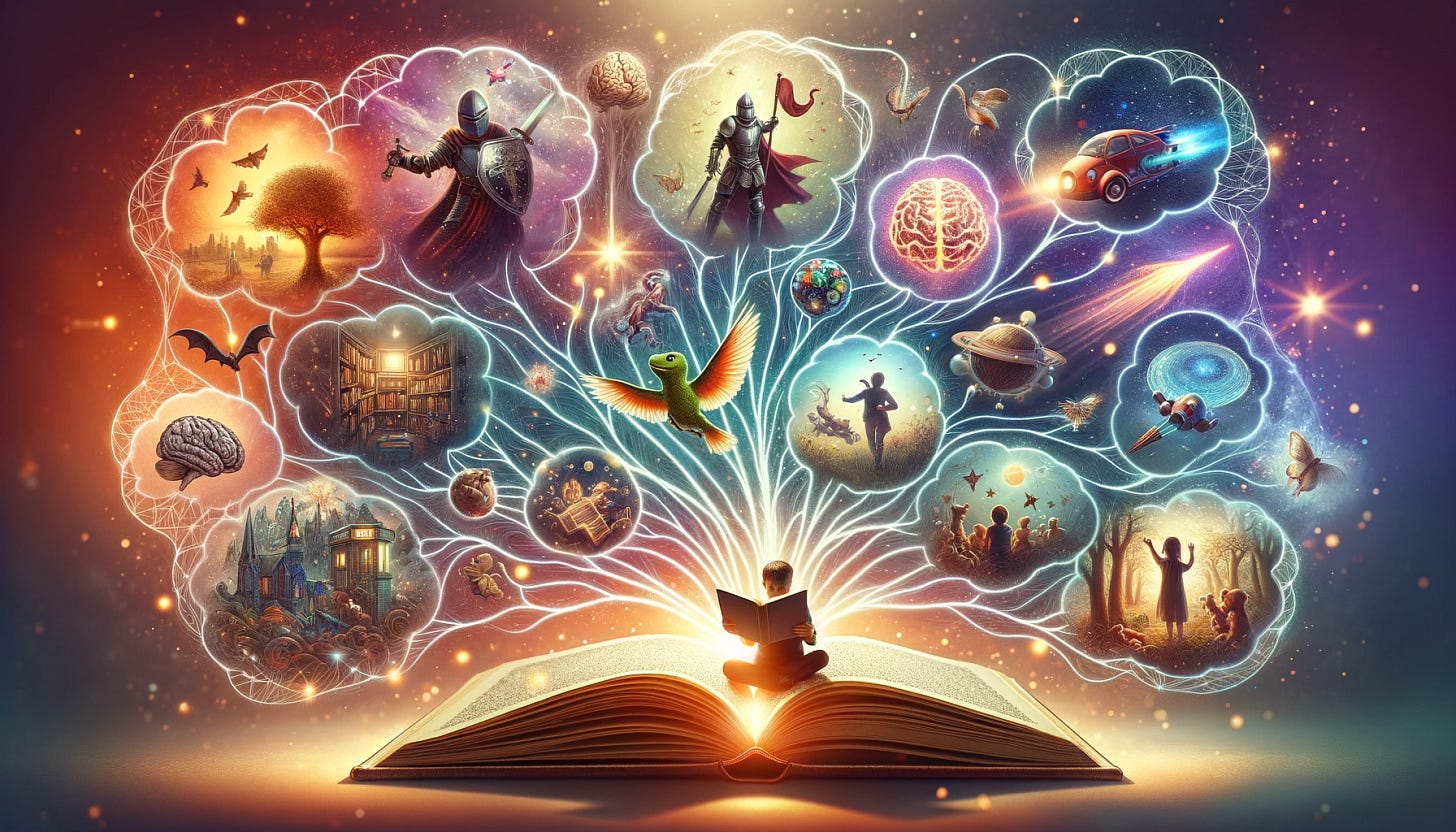Book Review—'The Science Of Storytelling' by Will Storr
Thoughts after reading a book that explains the science of storytelling craft
It is not only us who are broken; it is not only us who are conflicted; it is not only us who are confused; it is not only us who have dark thoughts and bitter regrets and feel possessed, at times, by hateful selves.
It is not only us who are scared. The magic of the story is its ability to connect mind with mind in a way that's unrivalled even by love. Story's gift is the hope that we may not be quite so alone, in that dark vault, after all.
~ Will Storr
I was watching the Friends 'Reunion' episode released earlier in the day and realised the show's massive impact worldwide.
People who didn't understand the English language who appeared in the 'Reunion' episode claimed that they had been deeply influenced and often soothed by the TV show.
This made me realise how stories can have a massive impact on humans. Whenever a book or a TV show becomes a wild hit, I often wonder whether it was just luck or was planned.
This egged me to pick the book 'The Science of Storytelling' by Will Storr. The book does a great job of identifying common patterns in successful storytelling.
It discusses fictional worlds, flawed personalities, dramatic questions, plots and endings often deployed in literature. These serve as different starting points which can aid a wannabe writer to plan his or her narrative.
I had never thought that a deep character flaw could be an agent that drives stories. The author explains this idea well with several examples from popular books. The reference to Stevens in 'The Remains of The Day' inspired me to read the novel.
Dramatic questions like 'Who am I?' or 'Who is this person?' can also drive stories. This was another revelation to me. The book explains this idea with the example of Charles Foster Kane from the movie 'Citizen Kane'.
Atlas Shrugged (a book often hated in many circles) has a similar dramatic question. The dramatic question 'Who is John Galt?' egged me to finish reading this book.
The book introduced me to the 'five act structure', which differs in many ways from the well-known 'three act structure'. In my opinion, this is the main takeaway from this book. I will summarise this for my benefit.
Act I: This is me, and it's not working. The protagonist or the main character is hanging on to his habitual behaviour. He or she can control his or her surroundings until some unexpected challenge pops up.
Act II: Is there another way? The protagonist tries to find a different path to solve the chaos after realising that the status quo is not working.
Act III: There is, I have transformed. The protagonist’s change of approach does not seem to be working. The plot thickens and chaos prevails. But the protagonist sticks to his or her new path.
Act IV: Can I handle the pain of change? The character reaches his or her lowest point as the situation spirals out of control. The character might consider reverting to his or her old ways due to these setbacks. But that doesn't resolve the conflict. It probably worsens it.
Act V: Who am I going to be? This part of the story is the climax. The protagonist fights his or her demons and comes on top. A permanent change has occurred in the protagonist and his/her surroundings.
The five-act structure can also be understood through the character arcs of Rachel, Chandler, Ross, Monica and, to some extent, Joey in Friends. This is an afterthought, but an interesting topic to ponder over.
Towards the end of the book, the author talks about the 'value of the story', 'the power of the story' and 'the consolation of the story'. He says that the stories often lead to 'tribal propaganda'. However, he also claims that stories can also be a 'cure for tribal propaganda'.
Further, he goes on to say that the gift of the story is 'wisdom'. It doesn't come across as a new revelation as we know that all childhood stories had some sort of 'moral' attached to them.
However, his words 'the heart is not heart-shaped' are touching. Stories help us to understand that the world is not as straightforward as we thought it would be. The real heart is not a 'heart' shape emoji.
'The Science of Storytelling' is worth reading if you want to craft great stories or understand the ingredients of a great story. It may not be interesting to a casual reader.


